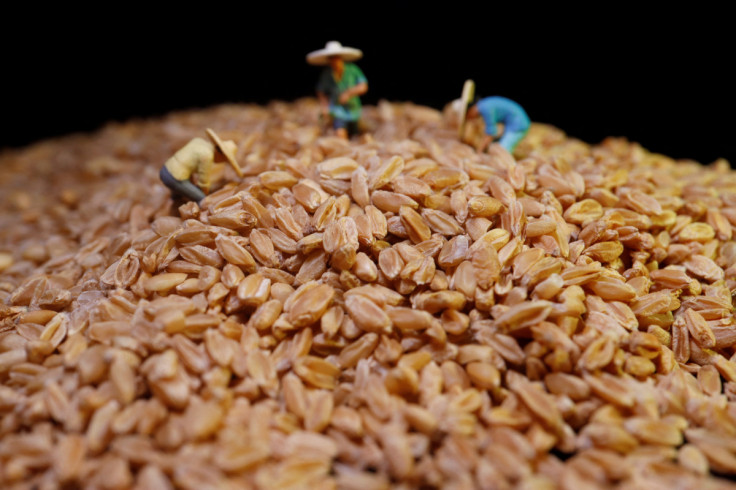Ukraine 99.9% Certain Russia Will Quit Black Sea Grain Deal In July - Envoy

Russia is 99.9% certain to quit a U.N.-brokered deal on the safe wartime passage of Black Sea grain next month because it no longer needs Ukrainian ports to export ammonia, a senior Ukrainian diplomat said.
The United Nations and Turkey brokered the Black Sea Grain Initiative with Moscow and Kyiv last July to help tackle a global food crisis worsened by Russia's invasion of its neighbour and a blockade of Ukrainian Black Sea ports.
Moscow has threatened not to extend the agreement beyond July 18 unless a series of demands, including the removal of obstacles to Russian grain and fertiliser exports, are met.
The Black Sea export deal also allows for the safe export of ammonia - an important ingredient in nitrate fertiliser - but none has been shipped under the initiative.
Russia has been pushing for the resumption of ammonia supplies via a pipeline through Ukraine to the Black Sea port of Odesa that has lain idle since last year.
Olha Trofimtseva, Ukraine's foreign ministry ambassador at large, said Russian ammonia producer Uralchem had found an alternative route and does not need to export ammonia via Odesa.
"The grain corridor. 99.9% that Russia will leave it in July," Trofimtseva said on the Telegram messaging app late on Wednesday.
Uralchem CEO Dmitry Konyaev said last month a specialised ammonia terminal whose first construction stage is due to be completed on the Taman Peninsula in Russia by the end of 2023 could be a substitute for the Odesa pipeline.
PLAN B?
Ukrainian Agriculture Minister Mykola Solsky said this month Kyiv had a Plan B if Russia decided to quit the Black Sea deal.
He said the government had created a special insurance fund of around $547 million for companies whose ships would come to Ukrainian Black Sea ports under a new arrangement.
Ukraine has also said it can export grain via its small Danube river ports as well as through its Western border with the European Union.
Trofimtseva, a former acting agriculture minister, said Ukraine had to prepare, but expressed doubt that how much the insurance fund would help with exports.
Referring to Russia's invasion, she said: "On this summer day, we should already think about winter. We are going to enter the second military winter, and I think it may be much more difficult than the previous one. From all points of view."
© Copyright Thomson Reuters 2024. All rights reserved.




















